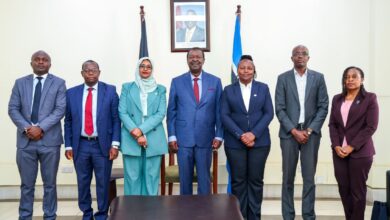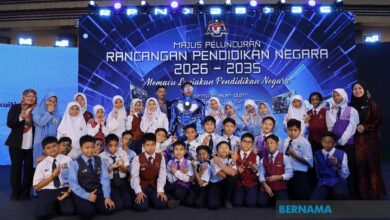Proposal for Ramadan School Holidays: UNAIR Expert Emphasizes Strengthening Children’s Social and Moral Values

The Ministry of Religious Affairs of Indonesia has proposed the implementation of school holidays during Ramadan as part of its agenda for the upcoming year. This initiative aims to help students better understand the significance of the holy month while encouraging increased involvement from families and communities in the educational process.
Support from Education Experts
Professor Dr. Tuti Budirahayu, an expert in Education Sociology at Universitas Airlangga, expressed support for this proposal and elaborated on its potential advantages. From a character development perspective, she indicated that this policy could enable children to engage in worship more peacefully, whether at home or in mosques, thereby offering important lessons that contribute to their spiritual growth. The proposed break is also viewed as a means to strengthen family relationships, fostering closer bonds between children and their parents.
Impact on Educational Environment
The potential impact of the proposed policy on educational and academic settings could be significant. According to Professor Budirahayu, a holiday during Ramadan may provide a valuable opportunity to reinforce social and moral values among students. If implemented effectively, this initiative could also help reduce negative behaviors, such as bullying and violence. However, she noted possible drawbacks, including disruptions to academic targets, suggesting that adjustments to learning hours could occur before or after the holiday to sustain academic continuity.
In addition, Professor Budirahayu proposed that regular lessons during Ramadan could be substituted with assignments, allowing students to complete work from home on a flexible schedule that aligns with their personal circumstances.
Challenges and Solutions
Further challenges may arise, such as meeting curriculum requirements and accommodating non-Muslim students or non-religious institutions during this period. These issues might be addressed through online learning models, ensuring that the workload is manageable and compatible with students’ worship practices. Schools with non-religious curricula could either align with the Ramadan holiday schedule or create their own customized academic calendars.
Moreover, collaboration between educators and parents is essential for monitoring and evaluating students’ academic progress during this extended break. Lessons learned from the transition to online learning during the COVID-19 pandemic may provide valuable insights. Consequently, a remote learning system could serve as a feasible solution.
Ongoing Discussions
The ongoing discussions regarding school holidays during Ramadan have generated considerable interest among educational leaders and policymakers, as they weigh the potential benefits and challenges of this initiative for fostering social and moral development in children.
Author: Nadia Azahrah Putri
Editor: Yulia Rohmawati
Source: Universitas Airlangga




